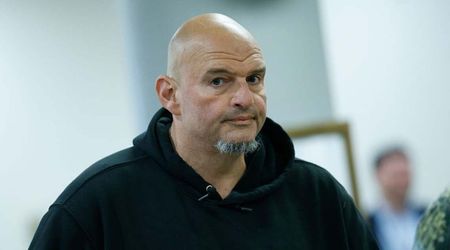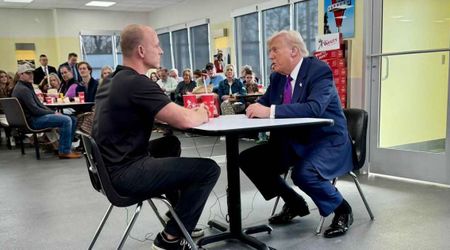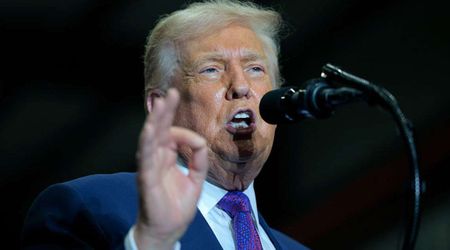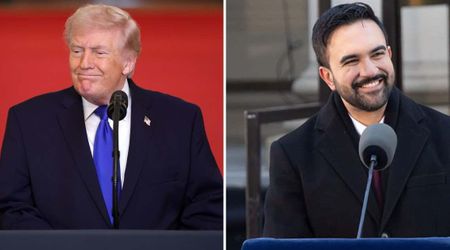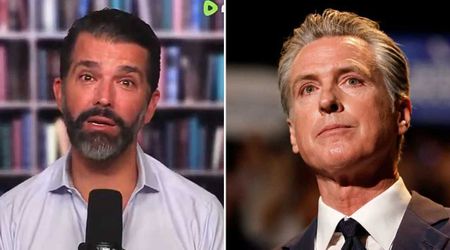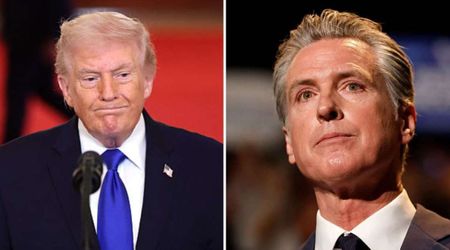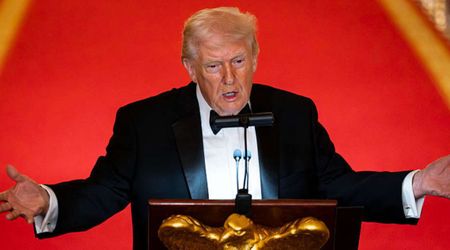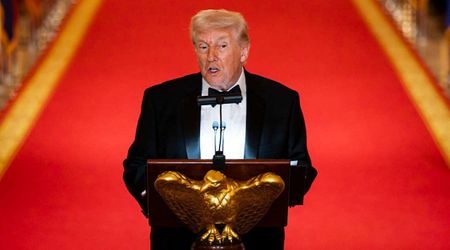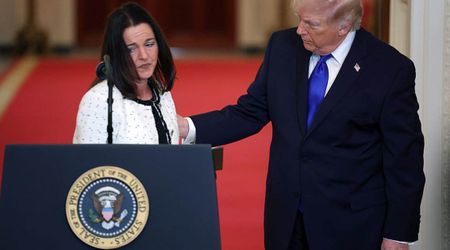Here's how Trump's classified documents case could've played out differently if held in DC and not Florida
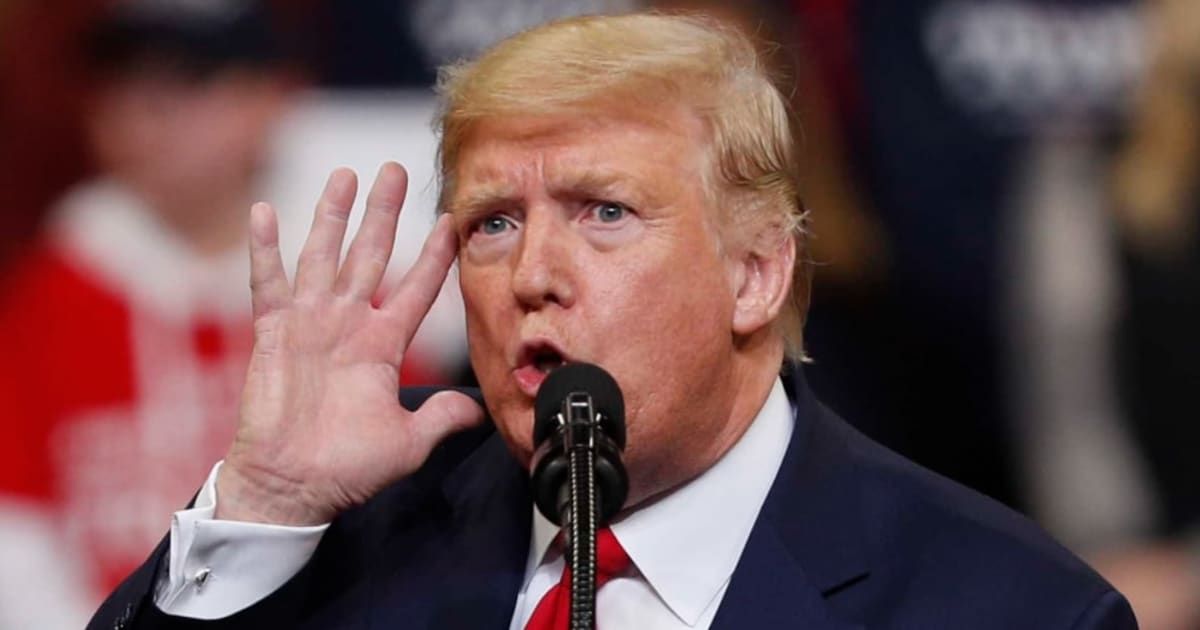
WASHINGTON, DC: The decision by federal prosecutors to bring charges against former President Donald Trump for mishandling classified documents in Florida rather than Washington DC has had profound implications on how the high-profile case has unfolded.
Recently unsealed court opinions from two respected DC federal judges revealed a vastly different approach than the one taken by the Florida judge overseeing Trump's case, Judge Aileen Cannon, as per CNN.
Unsealing of opinions from DC federal judges highlight contrasting judicial approaches
Before federal prosecutors indicted Trump last year for allegedly mishandling classified documents, they faced a crucial decision: where to bring the charges - Washington, DC, or Florida.
This choice has had significant ramifications, as the contrasting judicial approaches in these two jurisdictions have become increasingly evident.
The recent unsealing of opinions from two DC federal judges — Chief Judge James "Jeb" Boasberg and his predecessor, Judge Beryl Howell — highlight how the case might have progressed more swiftly and harshly for Trump had it remained in Washington.
These opinions revealed a stark contrast in handling questions of attorney-client privilege and grand jury secrecy compared to the approach of the federal judge now presiding over the case in Florida, Cannon.
Despite Special Counsel Jack Smith indicting Trump nearly a year ago, the case has stalled due to Cannon’s reluctance to rule on various issues, making a pre-election trial unlikely.
Adding to the complexity, prosecutors recently requested that Cannon impose a gag order on Trump to prevent him from misleadingly suggesting that the FBI was prepared to use deadly force against him during the 2022 Mar-a-Lago search — a matter that DC judges have already addressed in other cases.
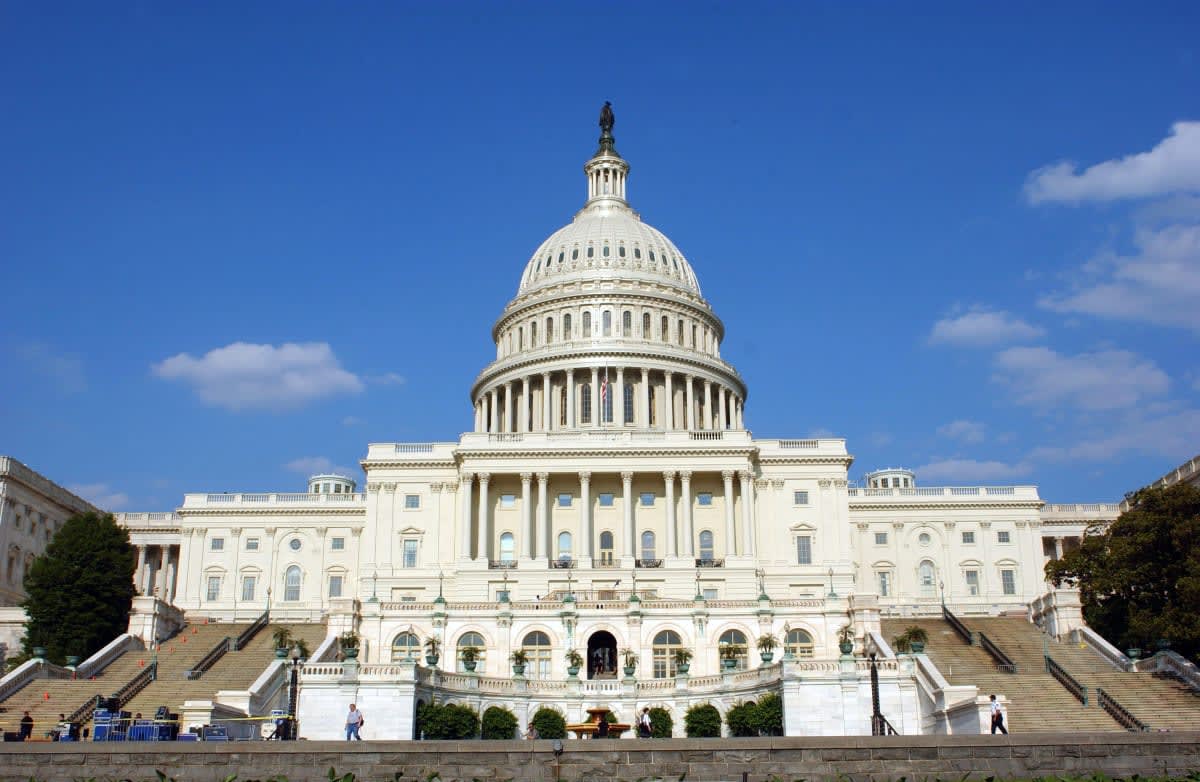
Florida judge Aileen Cannon is revisiting fundamental issues in classified documents case
The bulk of evidence against Trump in the documents case was collected by a DC federal grand jury, which continued its work months after the FBI seized hundreds of classified documents from Mar-a-Lago.
However, the Justice Department moved the investigation to a Miami grand jury in its final weeks, given that many of Trump’s alleged actions occurred at his Palm Beach, Florida, residence.
Prosecutors have been tight-lipped about the decision to shift the case to Florida, but it has been a contentious point in legal battles. Defense teams have leveraged this move, hoping Cannon would scrutinize the prosecutors' decisions more favorably than the DC judges might have.
Cannon is now revisiting fundamental issues that Howell and Boasberg had already ruled on, including the use of testimony from Trump’s former attorney, Evan Corcoran.
Howell had previously determined that Corcoran’s communications with Trump were not protected by attorney-client privilege due to the crime-fraud exception, leading to crucial testimony for the indictment.
This precedent provided Cannon with a clear roadmap for handling similar privilege issues, but she has yet to schedule a hearing on the matter.

Aileen Cannon has limited judicial experience in comparison to seasoned DC judges
Cannon, a Trump appointee with limited judicial experience, contrasts sharply with the seasoned DC judges. Boasberg, who has extensive experience in national security matters, previously served as chief judge of the Foreign Intelligence Surveillance Court, overseeing sensitive intelligence issues.
Howell, an Obama appointee, is well-versed in attorney-client privilege disputes and has authored numerous opinions on politically charged investigations.

Cannon, appointed in late 2020, has presided over only four criminal trials and initially lacked the necessary facilities to handle classified documents securely.
This inexperience is evident in her prolonged handling of classified records issues in Trump’s case, with major disputes still unresolved.
Legal experts, like Bradley Moss, criticize Cannon’s slow pace, noting that Howell and Boasberg managed similar issues with greater efficiency and precision.
Moss emphasized that the DC judges’ experience with high-stakes litigation, particularly Howell’s rulings on attorney-client privilege in the context of grand jury investigations, underscores the differences in judicial competence and approach.

